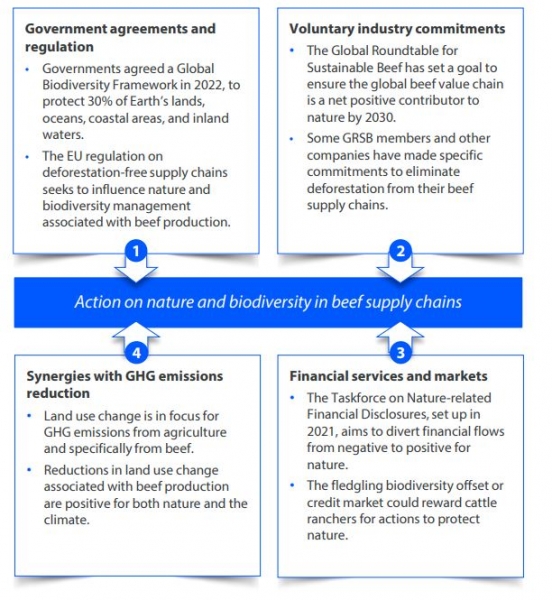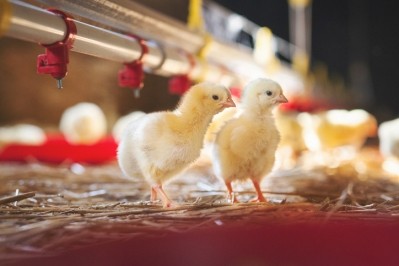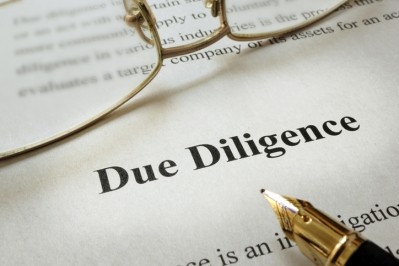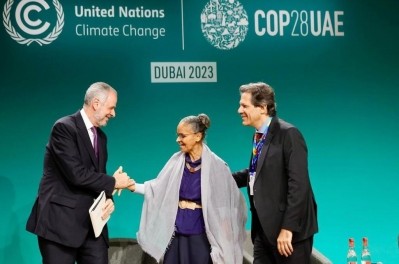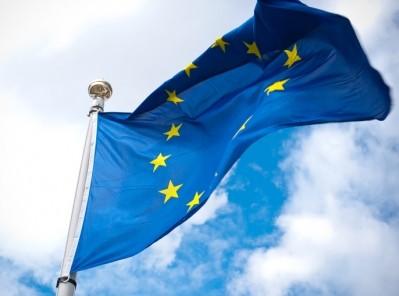‘Nature and biodiversity are new sustainability focal points for beef supply chains’
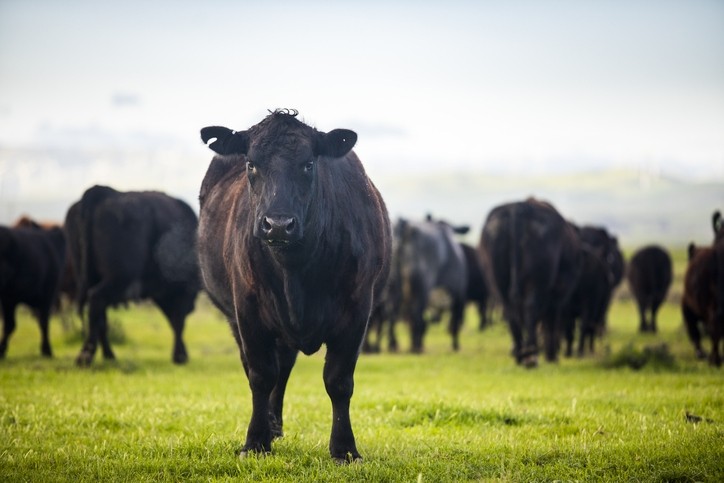
And these topics will be even more relevant over the coming year, according to Angus Gidley-Baird, senior analyst, animal protein at Rabobank.
Fewer companies in the beef supply chain have made voluntary commitments around nature and biodiversity than those that have made emissions reduction commitments, he noted. But the set of drivers for both issues is similar, which can create synergies in how beef supply chain participants respond to both issues and reinforce the action being taken, said the analyst, in the latest global beef quarterly from Rabobank.
What will beef supply chains need to do to address nature and biodiversity targets?
“Forces driving the new focus on nature and biodiversity include intergovernmental agreements and regulation, financial services undertakings, and voluntary commitments from the supply chain,” commented Gidley-Baird.
Rabobank had identified four main drivers of action on nature and biodiversity in beef supply chains:
Government agreements and regulation
In 2022, at the UN Biodiversity Conference, governments agreed to expand protected areas around the world. The deal also includes the need for companies and financial institutions to report their supply chains’ impacts on biodiversity. “Because cattle occupy large tracts of the planet’s land, we should expect the beef supply chain to be actively engaged in this process.”
The analysts also highlighted the new EU regulation on deforestation-free supply chains that aims to minimize the impact of EU imports on global deforestation and specifies beef as a commodity that requires assurance it has not come from deforested land. “The potential impact of this regulation on beef trade will depend on the due diligence requirements, which are still being defined. The EU is not a major beef importer, but this regulation could also influence beef trade elsewhere.”
Voluntary commitments
The Global Roundtable for Sustainable Beef (GRSB) set a goal for beef value chains to be net positive contributors to nature by 2030, noted the Rabobank team. “This is shifting the focus away from negative impacts to the ways that cattle grazing can enhance nature and biodiversity and will boost measurement and reporting of these positive impacts.”
Some companies that source beef and leather have already made voluntary commitments to avoid beef from deforested areas, and Rabobank expects more will follow. “It is quite possible that the EU regulation on deforestation-free supply chains will become the de facto standard for companies to demonstrate they are avoiding deforestation.”
Financial services and markets
The Taskforce on Nature-related Financial Disclosures (TNFD), a global, market-led initiative, is due to release its risk management and disclosure framework for reporting and acting on nature-related risks and opportunities this month, reported the analysts.
Beef is considered a prioritized sector, with a high dependence on natural capital and biodiversity, so disclosure requirements around beef financing will increase, they said.
“There is growing interest in using financial markets to reward the protection and enhancement of biodiversity by creating a credit or offset market. Explicit financial incentives to enhance nature could see more cattle ranchers get engaged.”
Synergies with GHG emission reduction
Land-use change is one area of the climate agenda where beef is often in focus, they continued. “It is also relevant to the preservation of nature and biodiversity and an area where we expect increased attention over the coming years.”

